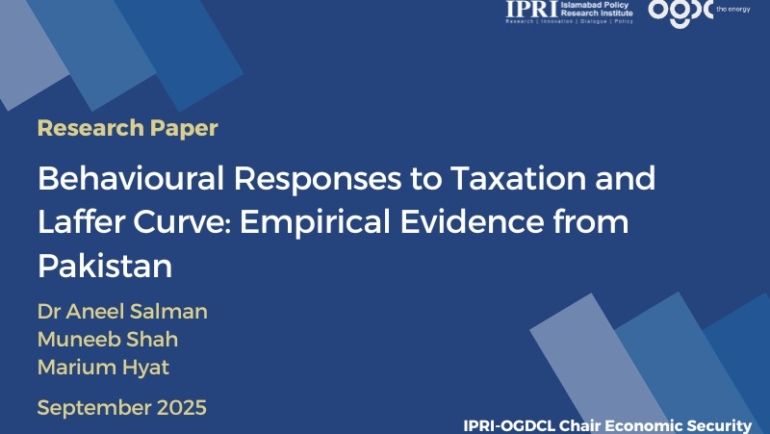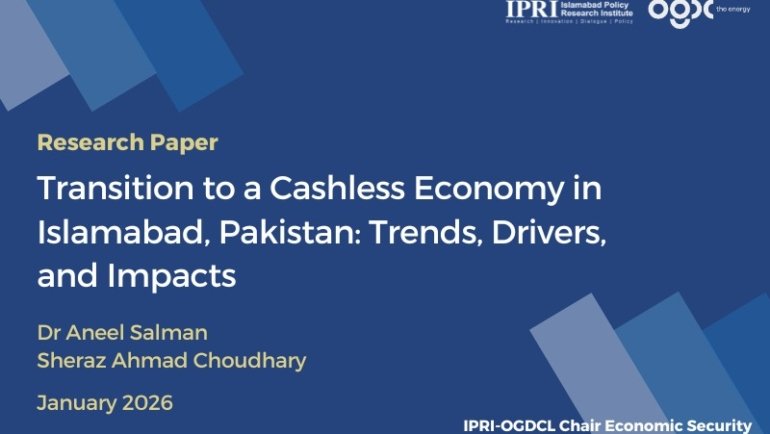Pakistan’s real estate sector is the driver of economic development as it generates major contributions to GDP, jobs, and city and urban development. Despite expanding very quickly due to population growth, urbanisation, and foreign investments, the sector suffers from several important issues such as inefficient regulations, tax avoidance, speculative prices of land and raw material, and corruption. Uncontrolled conversions of land from agricultural use to urban purposes risk food security and sustainability. This study examines the existing scenario of Pakistan’s real estate industry, regulatory deficits, tax problems, and the effect of urban sprawl on agriculture. Through semi-structured interviews and comparative analysis of best practices worldwide and evaluation of policy loopholes, this research offers actionable suggestions, such as forming special property courts, launching real estate-focused financial institutions, imposing strict land-use regulations, and maintaining strict worker safety at construction sites. Strengthening governance, digitalising land records, permanent land conversion laws, and mainstreaming sustainable urban planning are key to the development of a transparent, resilient, and inclusive real estate market in Pakistan.


